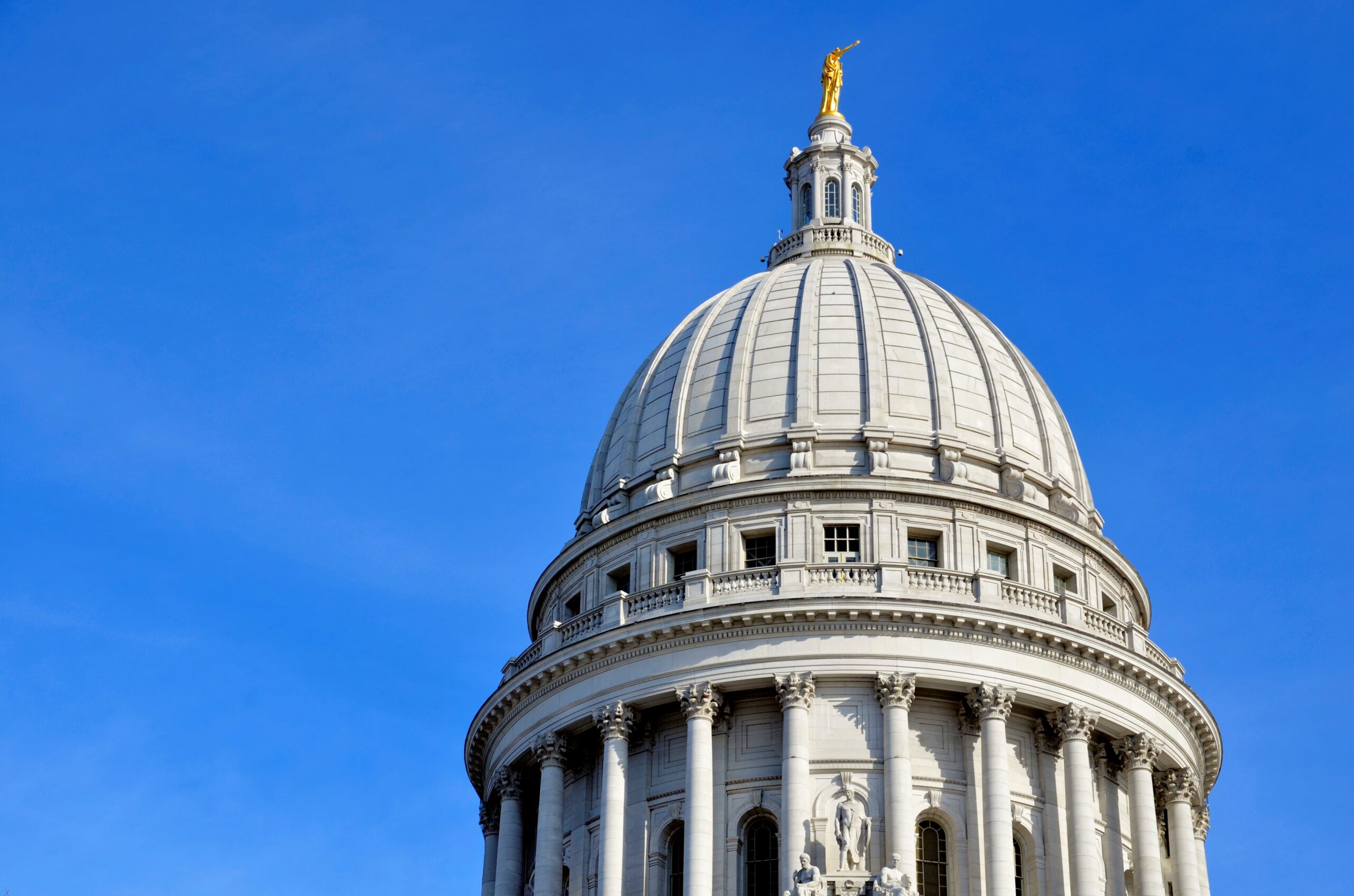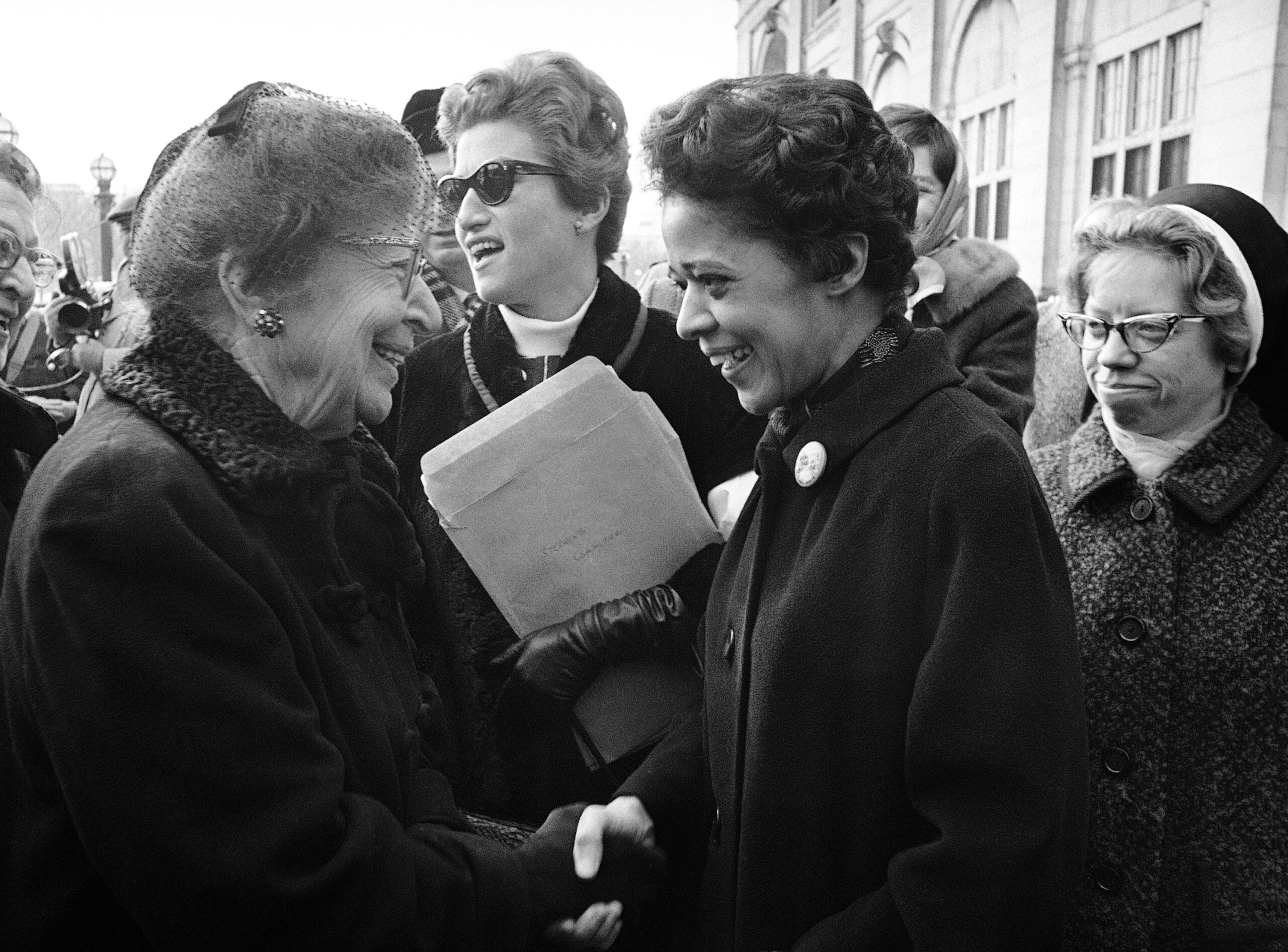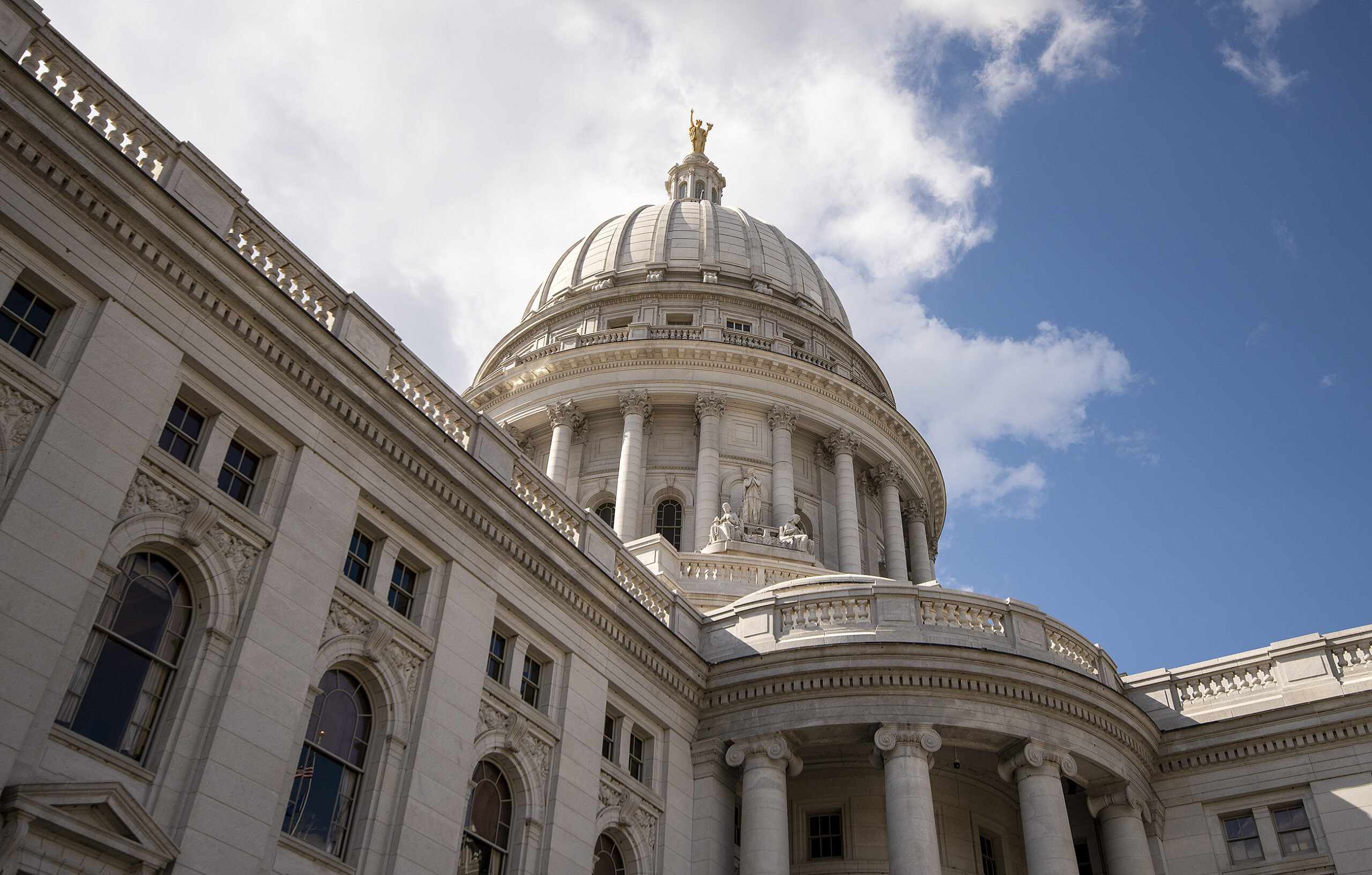Members of Wisconsin’s Legislative Black Caucus say the Black History Month resolution they bring up for a vote should receive widespread support at the state Capitol, but it remains unclear whether a white lawmaker will introduce a competing resolution.
The annual Black History Month resolution, which has until recently passed without much fanfare, drew national attention last year when the Legislature’s African American lawmakers, all of whom are Democrats, included the name of Milwaukee native and former NFL star Colin Kaepernick. Republicans refused to pass the resolution with Kaepernick’s name attached and voted to have it removed.
While the resolution being circulated by the Legislative Black Caucus this year does not include Kaepernick’s name, African American lawmakers were unsure whether Rep. Scott Allen, R-Waukesha, would continue to push his own Black History Month resolution, which he circulated for co-sponsors in December.
Stay informed on the latest news
Sign up for WPR’s email newsletter.
The initial draft of Allen’s resolution honored several white people who helped black slaves escape to Canada through the Underground Railroad network. Allen drafted the resolution without the input of Wisconsin’s African American lawmakers, leading one of them, state Sen. Lena Taylor, D-Milwaukee, to compare him to a slave owner.
“Thank you Massa Allen for pickin’ whose we should honuh suh. We sho ain’t capable of thinkin’ fo ourselves, suh,” Taylor wrote in an email distributed to state legislators and their staffs Dec. 20.
Taylor and other African American lawmakers joined Gov. Tony Evers and Lt. Gov. Mandela Barnes in the state Capitol rotunda Monday to kick off the start of Black History Month. The event focused on Black History Month events, like panels on African American entrepreneurship, education and mental health.
Speaking to reporters after the event, the chair of the Legislative Black Caucus, Rep. David Crowley, D-Milwaukee, said he had spoken with Allen about their concerns over the Black History Month resolution.
“I think Scott Allen’s heart is in the right place, and he wants to honor African Americans and honor black history,” Crowley said. “I just think he hasn’t been doing it the right way.”
Crowley said it was important for Allen, or any other lawmaker, to get the input of African American lawmakers for a resolution honoring Black History Month.
“Whenever we’ve done any type of ethnic resolution in this body, we don’t step up to say, ‘We’re going to do the Italian resolution’ or ‘We’re going to do the Armenian resolution,’” Crowley said. “And so I think out of respect to the people who represent the African American community … we just assume and hope that you would actually come talk to us.”
The Milwaukee Journal Sentinel reported in January on a meeting between Allen, and Republican Orlando Owens and state Rep. Kalan Haywood, D-Milwaukee, both of whom are black. Owens, who works for U.S. Sen. Ron Johnson, said he requested the meeting after the blowup over Allen’s resolution in December.
Allen did not immediately respond to an email and phone call Monday asking whether he still planned to introduce his own Black History Month resolution. Allen, who is married to a black woman, told the Journal Sentinel in January he was drafting a second resolution.
A spokesperson for Assembly Speaker Robin Vos, R-Rochester, did not respond to an email asking which resolution Assembly leadership planned to bring up for a vote.
Crowley described his most recent conversation with Allen as “really frank.”
“I’ve encouraged him to talk to every caucus member on his own to try to mend the issue,” Crowley said. “But I don’t understand why this is happening to be honest with you.”
The resolution backed by the Legislative Black Caucus this year honors 13 people, including former NBA star Kobe Bryant and his daughter Gianna Bryant, who died last month in a helicopter crash.
Wisconsin Public Radio, © Copyright 2024, Board of Regents of the University of Wisconsin System and Wisconsin Educational Communications Board.






